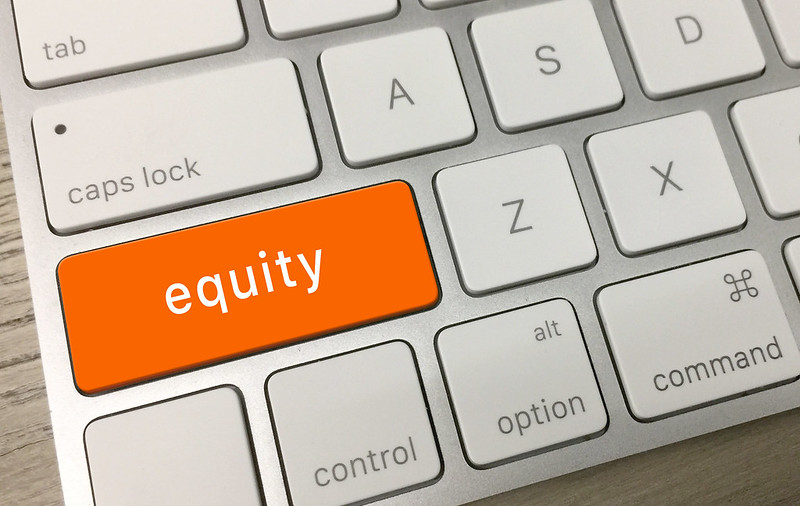Staff and leaders of city agencies, community organizations and advocacy groups are among the 27 participants in the third Digital Equity Leadership Lab (DELL) cohort, whose members the Robert W. Deutsch Foundation announced this week
The seven-week leadership program offers Baltimore city residents training on everything that’s needed to become an expert on internet advocacy and equity. At the end, it offers cohort members the ability to apply for collaborative small-project grants that can bring grassroots projects to life. This year’s cohort focuses on advocacy work to take advantage of the $2.75 billion that the Infrastructure Investment and Jobs Act earmarked for digital equity projects.
In a statement, Deutsch Foundation Vice President and Director of Digital Equity Amalia Deloney emphasized the “once-in-a-generation” nature of this multibillion allocation. She added that the DELL is trying to prepare as many organizations as possible to take advantage of the political will to bridge a digital divide that left 40% of Baltimorean households without wireline broadband before the pandemic.
“It is a great opportunity to join forces with other organizations and agents of change to promote a real opportunity to have access to good, efficient and affordable internet connection,” said cohort member Leo Arreaza, a financial counselor for the Maryland Consumer Rights Coalition’s Securing Older Adult Resources (SOAR) program, in an email to Technical.ly. “As a bilingual case manager, I’m focused on trying to promote the idea of affordable and reliable access to the internet within the Latino community. Unfortunately, due to language barriers and lack of promotion, there’s a lack of awareness on the importance of access to the internet in the community.”
Fellow SOAR counselor and DELL cohort participant Jamila Blake also shared high hopes for the program.
“Participating in this program means that I will be able to take the tools that I learn and share it with the older adults that I serve daily. So many older adults are isolated due to lack of digital equity,” Blake said. “I am looking forward to learning about how we can make technology more inclusive to older adults in Baltimore city and surrounding areas,” “Digital equity means, to me, closing the technology gap for many older adults that live in urban and rural communities. .”
Besides Arreaza and Blake, this year’s cohort includes:
- Alphonso Barney, East Baltimore Development Inc.
- Erica Brice, Village Learning Place
- Terry Brown, PCs for People
- Carey Cabrera, Mayor’s Office of Immigrant Affairs
- Cesia Calero, Robert W. Deutsch Foundation
- Audrey Carter, The People’s Association of Oliver Community
- Antonia Daniels, East Baltimore Development, Inc.
- Franklin Delaine, People’s Park Initiative/Baltimore Cease Fire
- Dominique Douglas-Aur, PCs for People
- Leslie Evans, Pathways to Housing Baltimore
- David Fedd, Charles Village Community Benefits District
- Aja Hope, Village Learning Place
- Fancie Kirby, NPower Maryland
- Alethia McCullough, Reservoir Hill Association
- Megan McSwain, Central Baltimore Partnership
- James Merritt, Byte Back
- Maggie Schneider, Central Baltimore Partnership
- Raymond Spence, Motor House
- Isadora Stern, Maryland Consumer Rights Coalition
- William Sullivan, North East Housing Initiative
- Melda Washington, Reservoir Hill Association
- Kristina Williams, Charles Village Community Benefits District
- Kyle Wise, NPower Maryland
- Wynisha Witt, Byte Back
- Wesley Wood, PCs for People







